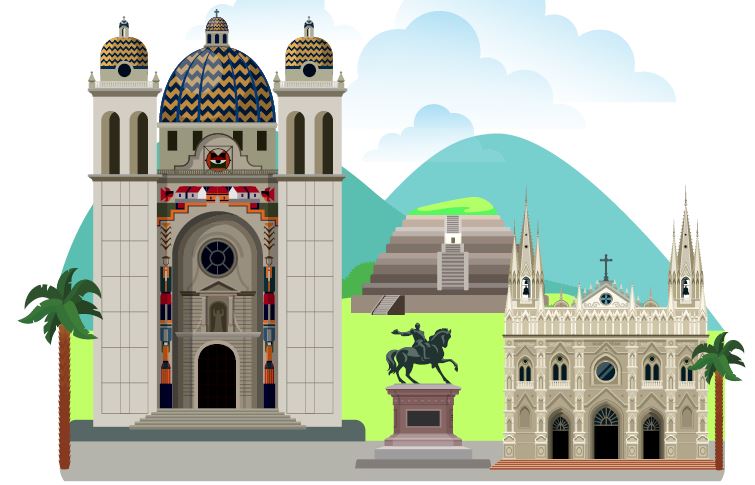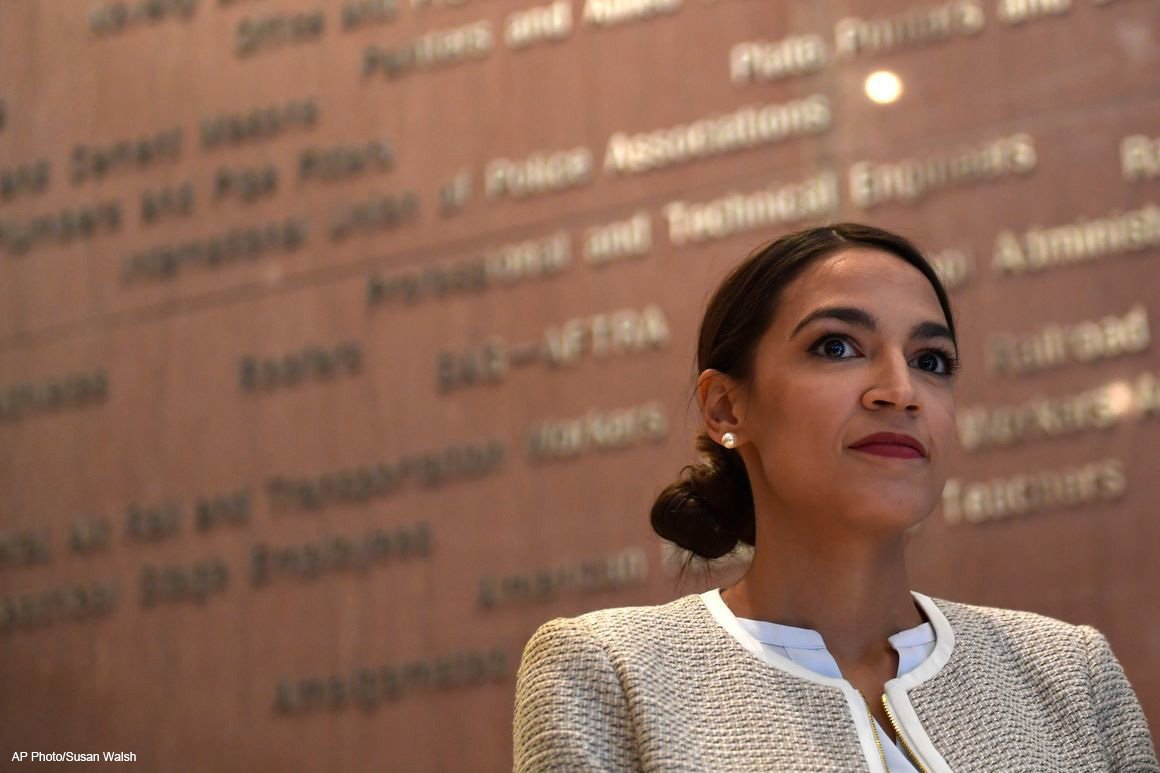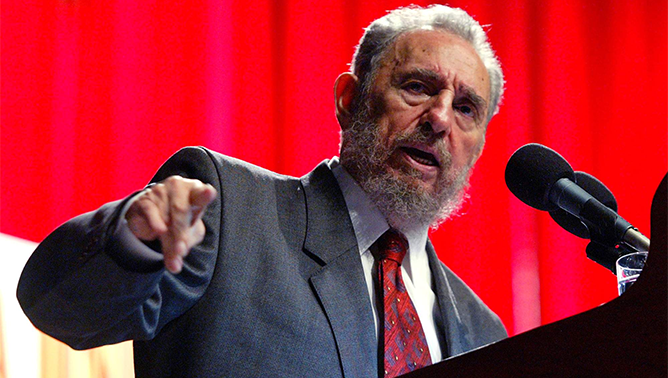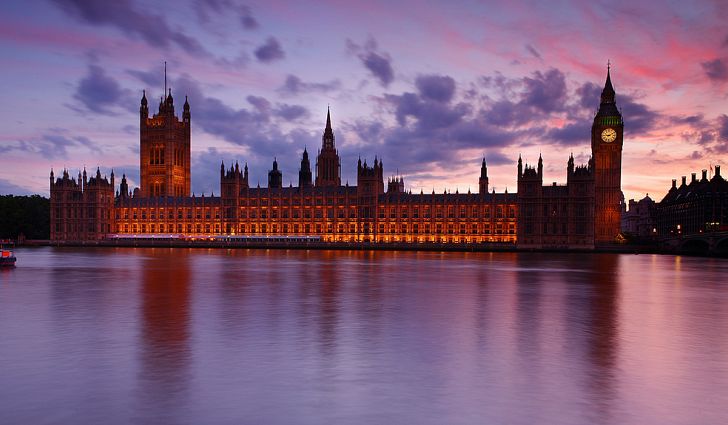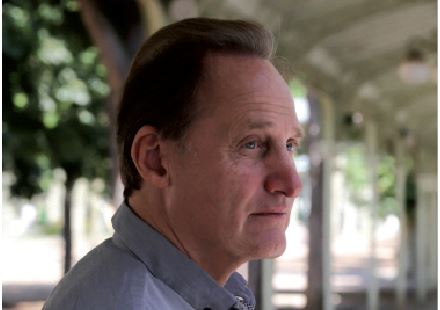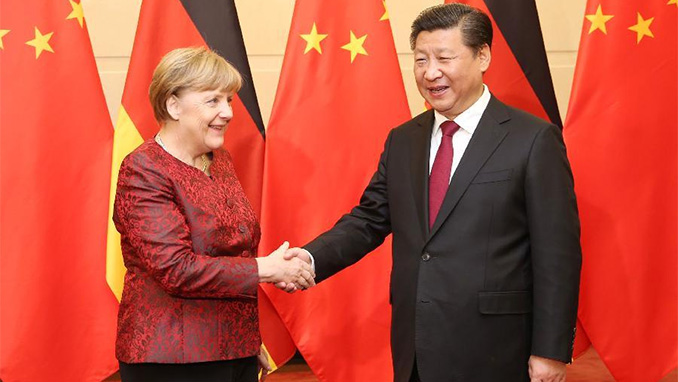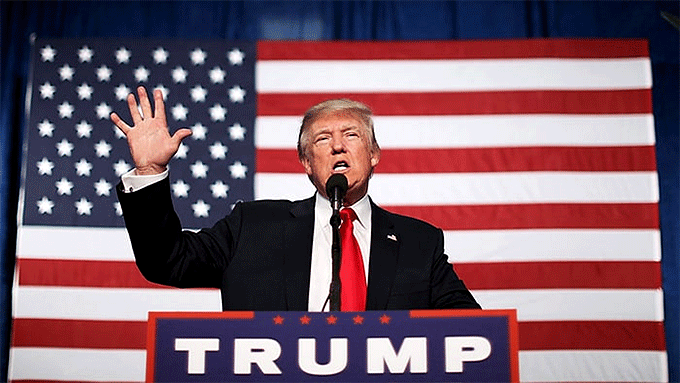[vc_row][vc_column width=”1/2″][vc_column_text]
United States of America
The USA was the largest economy in the world by nominal GDP in 2018. It generates and earns more than 20 percent of global income and is the second largest manufacturing country. It has a diverse economy, is rich in natural resources (fourth in natural capital), is the leader in science and technology, and New York is the world's leading financial district. GDP per capita is $62,641, which is above the average for high income and OECD countries. It is a member of the G20, OECD, and the USMCA free trade agreement. Services was the largest economic sector in 2018 (77 percent of GDP), followed by manufacturing (19 percent). In 2017, the largest export sectors were services (34 percent), machinery (13 percent), chemicals (10 percent), vehicles (8.2 percent), agriculture (7.7 percent), and electronics (7.4 percent). The largest individual exports were ICT services (15.8 percent), travel and tourism (8.98 percent), insurance and finance (5.45 percent), and refined petroleum (3.23 percent). Its largest export partners were Canada (17.85 percent), Mexico (15.7 percent), and China (8.49 percent). The largest goods imports were cars (7.56 percent), crude oil (5.7 percent), and transmission apparatus for radio, telephone, and TV (4.2 percent). By WW1 the USA had emerged as the leading industrial power and after the war New York had displaced London as the leading financial centre. The great depression had a profound impact on the USA and the world. After the failure of protectionism at the start of the depression the USA embraced free trade and made it a tenet of its economic policy. After WW2, the USA and Britain remade the global economic order with the US linked to gold and the establishment of the Bretton Woods institutions. The 1950s and 1960s was an era of rapid growth and marked the rise consumerism, which the US exported to the rest of the world. The oil shocks and Vietnam led to stagnation in the 1970s and early 1980s, at which point Reaganomics took over. The late 1990s and 2000s saw low interest rates and "irrational exuberance" fuel the stock market and housing market, which led to the Tech Bubble in 2001 and the global financial crisis in 2008. US public debt has grown though the 2000s on the back of the financial crisis and the wars in Afghanistan and Iraq. The US has also recently become the world's largest oil producer as shale oil became viable through new technology and a rising oil price.
[/vc_column_text][vc_column_text] Its population in 2018 was 330,530,669 [1]
Its population in 2018 was 330,530,669 [1]
 In 2015, 8.72% of its total energy
In 2015, 8.72% of its total energy
consumption was renewable [2]
 In 2021, its GDP grew by 5.67% [2]
In 2021, its GDP grew by 5.67% [2]
 In 2021 it had a negative Current
In 2021 it had a negative Current
Account Balance of US$bn 806.61 [3]
 Its unemployment rate in 2021 was 5.36% [3]
Its unemployment rate in 2021 was 5.36% [3]
 Its Expenditure on R&D (as a percentage of
Its Expenditure on R&D (as a percentage of
GDP) in 2020 was 3.45% [2]
 A Big Mac will set you back the
A Big Mac will set you back the
local equivalent of US$5.58 [4]
What free trade areas or economic unions is it a member of?
Member of the North American Free Trade Agreement (NAFTA) since 01/01/1994
Other members:
What trade deals are there between North American Free Trade Agreement and other countries and economic unions?
None
[/vc_column_text][vc_column_text]What trade deals are there with other countries and economic unions?
United States - Israel free trade agreement (from 19/08/1985)
United States - Jordan free trade agreement (from 17/12/2001)
United States - Chile free trade agreement (from 01/01/2004)
United States - Singapore free trade agreement (from 01/01/2004)
United States - Australia free trade agreement (from 01/01/2005)
United States - Morocco free trade agreement (from 01/01/2006)
United States - Bahrain free trade agreement (from 01/08/2006)
United States - Oman free trade agreement (from 01/01/2009)
United States - Peru free trade agreement (from 01/02/2009)
Korea, Republic of - United States free trade agreement (from 15/03/2012)
United States - Colombia free trade agreement (from 15/05/2012)
United States - Panama free trade agreement (from 31/10/2012)
[/vc_column_text][/vc_column][vc_column width=”1/2″][vc_column_text]Ann Low, US Department of State: Combat Corruption by Enabling Tax Payment – El Salvador Case Study
Alexandria Ocasio-Cortez: Young Congresswoman Refuses to Play Nice
US Trade Policy: End of the Liberal World Order
Fidel Castro: An Antagonist Remembered
Lord Waverley on Sanctions: The United Kingdom Acts
CFI.co Meets the Founder & CEO of Park West Gallery: Albert Scaglione
G20: Challenges in Shaping an Interconnected World
Behind the Scenes, Berlin and Beijing Are Forging a New World Order
The 45ᵗʰ US President In His Own Words
SpaceX: Making a Splash in Privatised Space Exploration
Trade with the United Kingdom
Source: UK Office for National Statistics, October 2022.
Contains public sector information licensed under the Open Government Licence v3.0.














































































